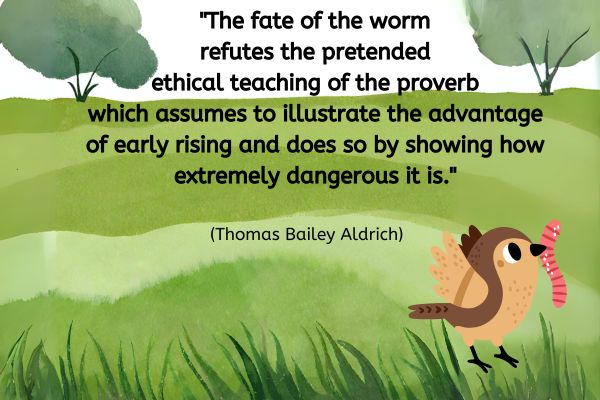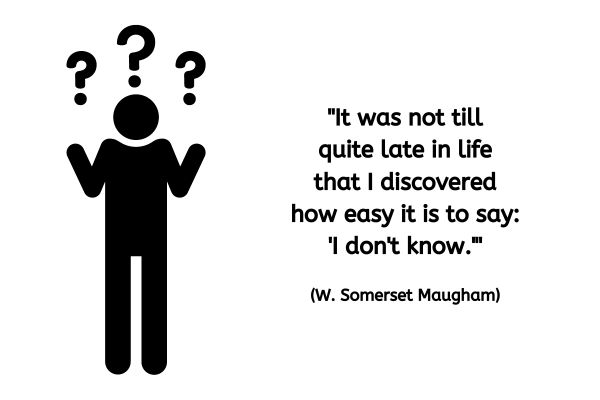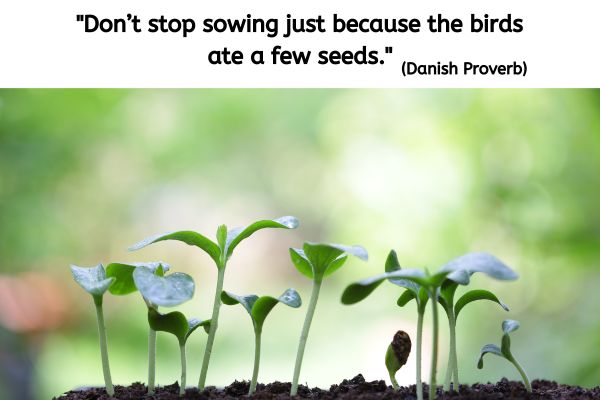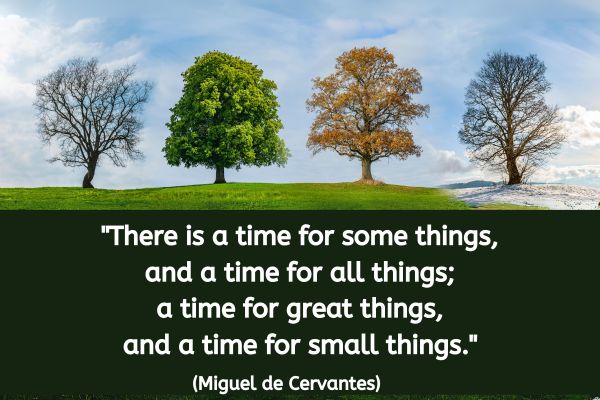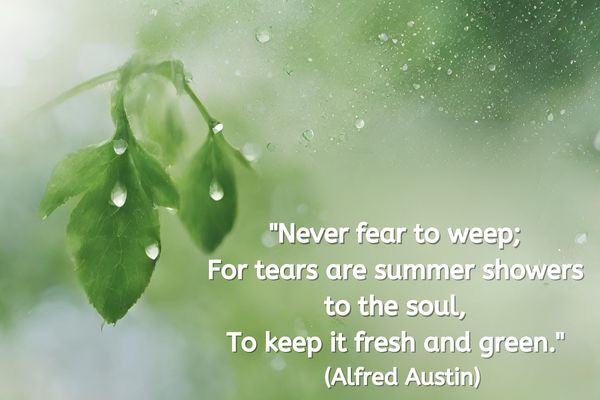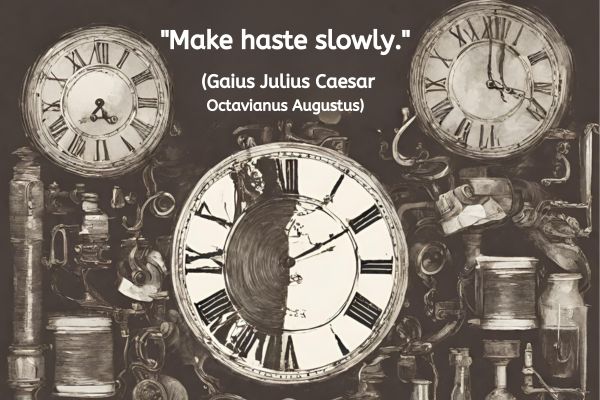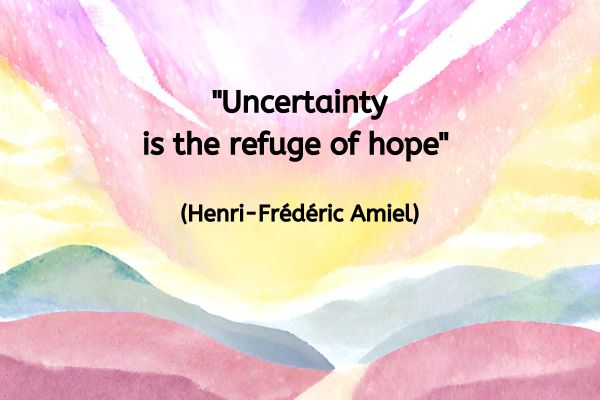The Power of Planning: Navigating the Coaching Journey with Purpose
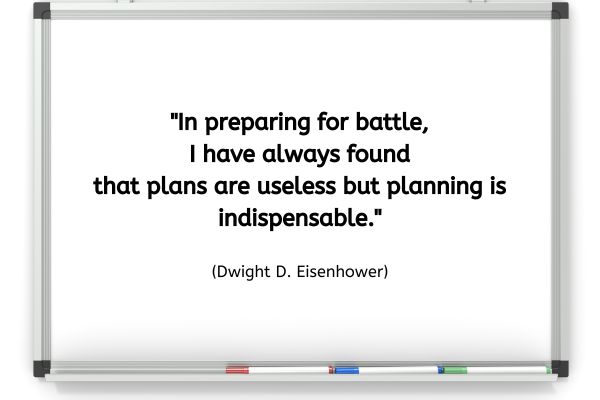
Today’s quote is:
“In preparing for battle, I have always found that plans are useless but planning is indispensable.” (Dwight D. Eisenhower)
This thought-provoking statement challenges us to reconsider the role of plans in our coaching journeys. As coaches, it’s time to reflect on the plans we’ve crafted and understand that while life may throw curveballs, the act of planning remains an indispensable tool for success.
The Value of Planning:
Life is unpredictable, and coaching is no exception. Plans may not always unfold as expected, but this doesn’t diminish the significance of the planning process. Planning provides us with a roadmap, offering a sense of direction and purpose. It’s a tool that helps us navigate the complexities of our coaching endeavors, offering a foundation upon which we can build and adapt.
Revisiting Your Plan:
My personal take is that a plan is useful—until it isn’t. When I worked as a trainer, I experimented with various methods of writing training plans. Some provided a detailed minute-by-minute outline, while others were more of a general framework—mainly to ensure that if, for some reason, I was unavailable on the day, a colleague could step in and deliver the session.
When I personally delivered the session, the training that worked best was when I used the plans as a guide rather than a rigid set of rules, adapting the content to the individuals in the room and aiming for our desired outcome by the end of the session. I recall one session in the corporate world that was supposed to solely teach new information, but it quickly became evident that a lack of knowledge was not the issue. So, I abandoned the plan and used the day to focus on addressing the actual issues.
If you have a plan in place, today is an opportune moment to revisit it. Take the time to evaluate whether it still aligns with your goals, aspirations and the general direction you want to be heading. Plans are not set in stone; they are dynamic guides that can evolve with changing circumstances. Ask yourself: Is the plan serving its purpose, or does it require adjustments? Reflecting on these questions ensures that your plan remains a relevant and effective tool in your coaching toolkit.
Adaptability is Key:
Eisenhower’s quote emphasizes the indispensable nature of planning, even when plans may prove useless in the face of unexpected challenges. This apparent paradox highlights the importance of adaptability. A rigid adherence to a plan can lead to frustration and disappointment, but viewing your plan as a flexible guide allows for adjustments that align with your changing needs and circumstances.
Embracing Flexibility:
I think that having a coaching business is a journey marked by growth and evolution, and your plan should reflect that. Embrace the flexibility inherent in planning, acknowledging that detours and adjustments are part of the process. By doing so, you empower yourself to navigate unforeseen challenges while staying true to your overarching goals.
For example, just because you start working with one particular set of clients does not mean that you are never allowed to work with anyone different in the future. (So for anyone that feels they need to have it all figured out before working with “real clients” then my invitation to you is to experiment and remember you’re allowed to change your mind in the future.)
Conclusion:
In the ever-changing landscape of having a coaching business, planning remains a cornerstone of success for many. Today’s quote serves as a reminder that while plans themselves may not always unfold as intended, the process of planning is indispensable – if nothing else it helps you be in the same place as your client at a pre-arranged time! Take the time to reflect on your own plans, ensuring they continue to serve your purpose. Embrace the adaptability that planning affords, and let it guide you through the dynamic and fulfilling journey. After all, it’s not about the perfection of the plan, but the empowerment derived from the planning process itself.
About Jen Waller

Jen Waller is on a mission to support, nurture and encourage coaching skills and talents from non-coach to coach and beyond.
As an experienced coach and trainer Jen is happy to utilise all skills at her disposal to assist clients from getting out of their own way and making a difference in the world with their coaching. Find out more about the support Jen offers here.
